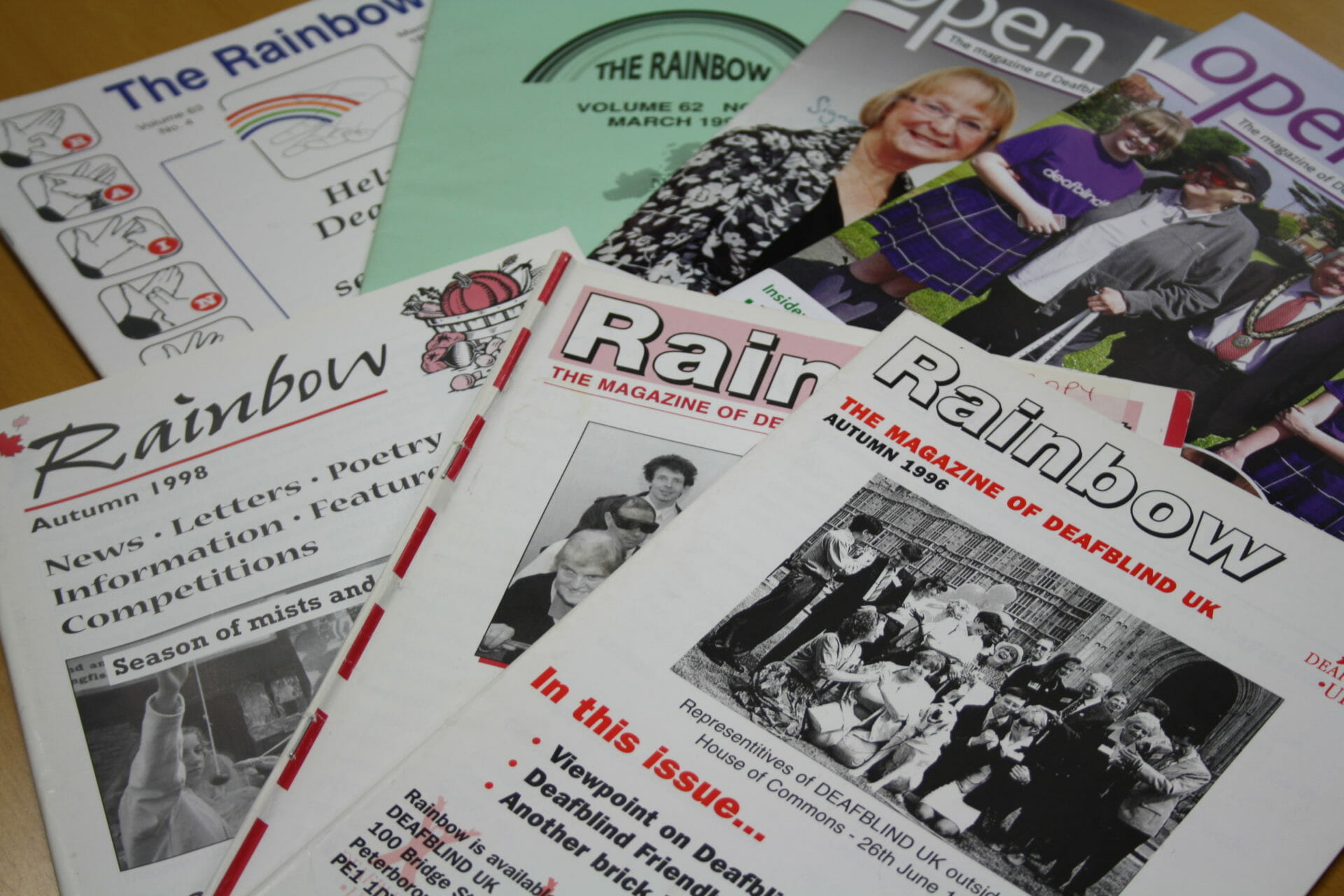Our research helps to improve the lives of people living with deafblindness all over the world. We partner with universities, researchers and corporate organisations to help us all better understand deafblindness.
Here’s an overview of some of our current research projects:
New – Deafblind UK Centre for Education and Research at Birmingham City University
The UK’s only academic hub that focuses solely on deafblindness. This game changing new Centre leads the way in expanding our understanding about deafblindness, both nationally and internationally. It supports much needed research into dual sensory loss to deepen our understanding about how deafblindness impacts people and how best to support those who are affected.
Click here to find out more about the new Deafblind UK Centre for Education and Research
International Tactile Transitions
This ground-breaking project explores how people who are deafblind use and understand all of their tactile senses, and how strategies change over time, as deafblindness changes. Although we have long understood that these processes happen, they have not been studied and explored.
The Tactile Transitions project is funded by the Norwegian Centre of Excellence and involves input from The Netherlands, Norway, Sweden and the UK. Tactile Transitions is led by leading touch researcher, Prof. Alberto Gallace from University of Milan, and is supported by Liz Duncan (from Deafblind UK), Dr Peter Simcock, Ole Mortensen, Goran Forsgren, Jude Nicholas, Femke Kriger and Monika Estenberger.
When Level 3 is not enough: English local authority decision making in relation to required qualification levels for specialist deafblind assessment
Deafblind UK and researchers at Birmingham City University undertook a study exploring how local authorities in the West Midlands make decisions about the qualification levels of staff completing specialist deafblind social care assessments.
We plan to expand the scope of this study to cover the whole of England, so that findings can be used to inform best practice in social care and support for adults living with deafblindness.
Improving academic and social success for children with dual sensory impairment (deafblindness)
We are working with Anglian Ruskin University to co-create (with deafblind children and young people) an educational intervention which will improve academic and social success for young people affected by deafblindness. This project is led by MSI teacher and PhD student, Claire Manford with support from Saima Rajasingam and Eldre Beukes.
How graphic communication for the deafblind population can best be expressed in contemporary visual form
Coming soon…
Deafblind UK currently supports people in England, Wales and Northern Ireland. If you or someone you know needs our support, please contact us.

